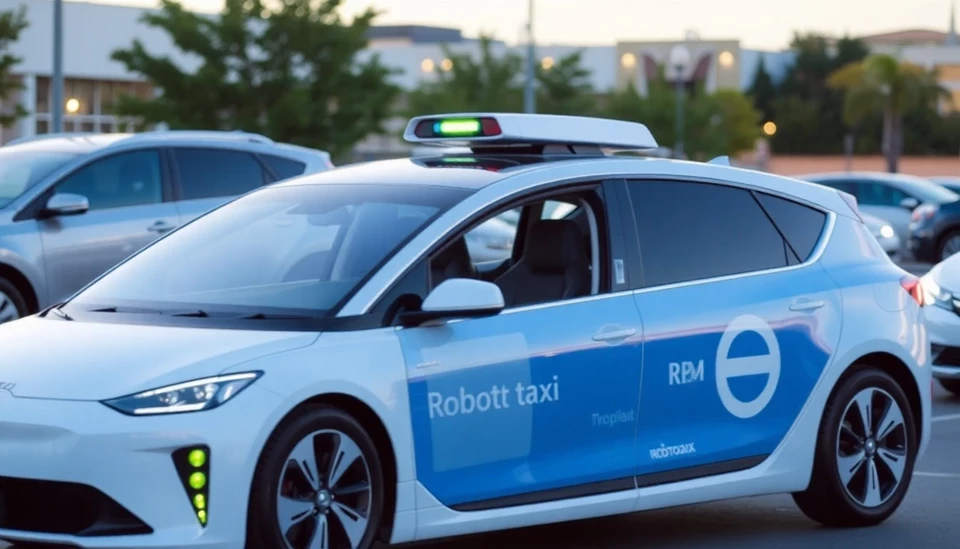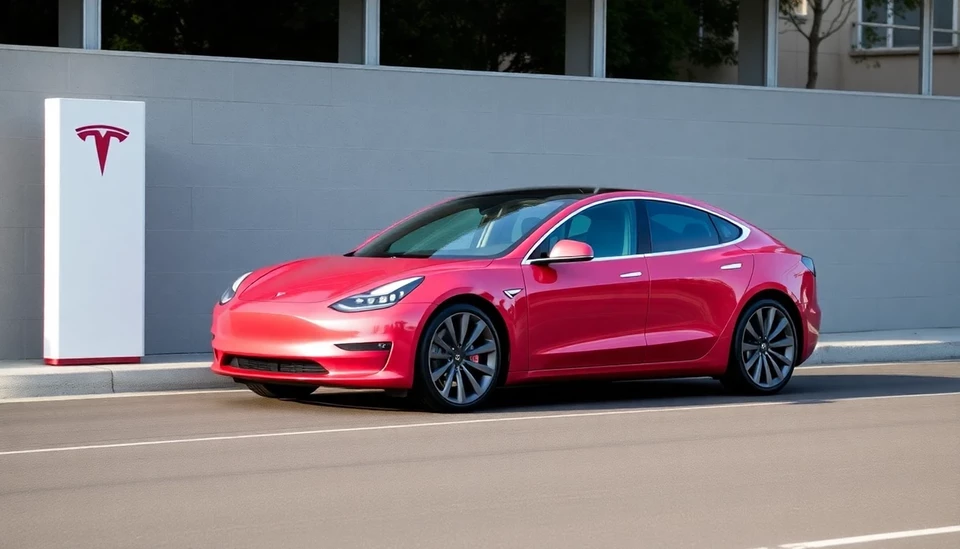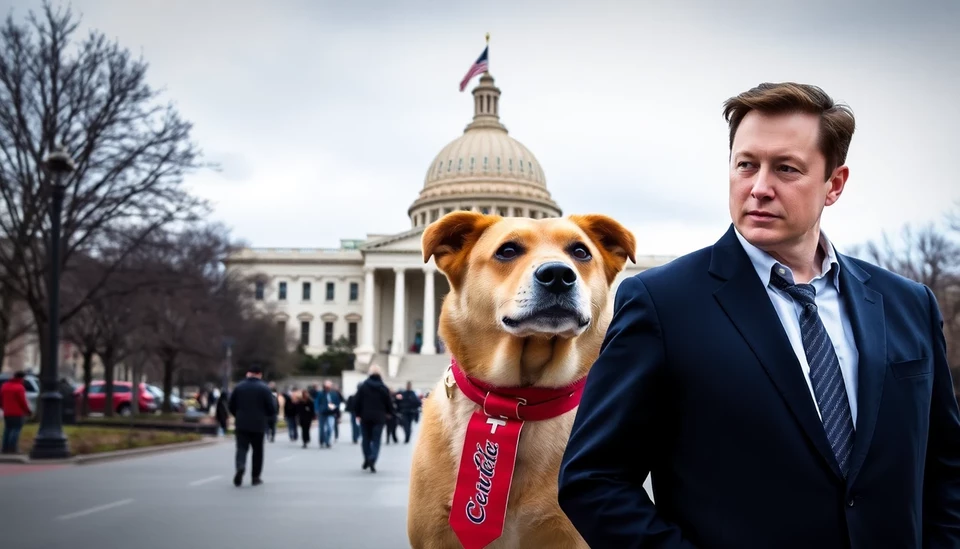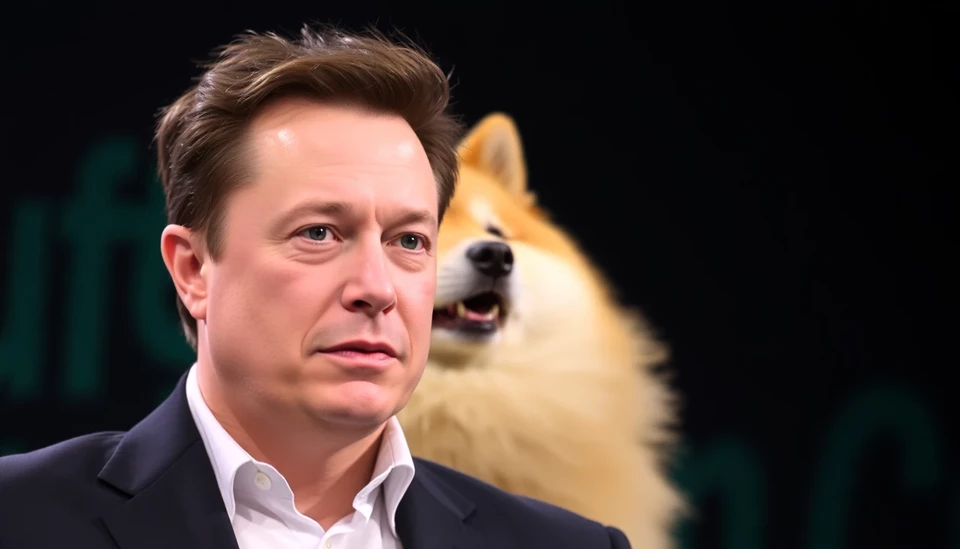
In a recent development that could reshape the future of autonomous transportation, Elon Musk, the CEO of Tesla and a prominent supporter of former President Donald Trump, has suggested that the U.S. government should consider relaxing regulations surrounding robotaxi services. Musk's remarks come at a time when the demand for automated vehicles is growing, and the public interest in mobility solutions is reaching new heights.
Musk's proposal emphasizes the need for a streamlined regulatory framework that would facilitate the faster deployment of robotaxi services across the country. During a conversation on social media, Musk pointed out that overly stringent regulations may hinder innovation and delay the arrival of autonomous vehicles on the roads. He underscored the potential benefits of robotaxis not only for consumers but also for reducing traffic congestion and lowering emissions.
As an influential figure in the tech industry, Musk’s opinion holds weight, and he is leveraging his platform to advocate for regulatory reforms. He argues that the technology is already advanced enough to warrant immediate adjustments to existing laws, suggesting that regulatory agencies should focus on creating a more favorable environment for the testing and operation of robotaxi services. His comments resonate particularly with those who foresee a future where public and private transport systems increasingly rely on automation.
The push for regulatory reform is not isolated, as it aligns with broader trends in the transportation industry. Many companies are racing to bring autonomous technologies to market, and the regulatory landscape is becoming a critical battleground for competitive advantage. Musk's call for action could encourage other tech leaders to join the conversation, potentially leading to significant changes in how autonomous vehicles are governed.
Furthermore, Musk highlighted the importance of safety and reliability in building public trust in robotaxi services. He suggested that regulations should evolve in parallel with advancements in technology, thereby ensuring that public safety remains a priority while simultaneously fostering innovation.
This conversation is particularly relevant considering the current governmental discussions surrounding technology and transportation. With the Biden administration promoting electric vehicles and sustainability, Musk's remarks might find a receptive audience among policymakers eager to embrace innovative solutions for urban mobility.
As the discourse on this topic continues, industry watchers and stakeholders will be keenly observing how Musk's advocacy might influence lawmakers and shape the future landscape of autonomous transportation in the United States.
With the potential for robotaxi services to transform urban transportation, the outcome of this regulatory discussion could have significant implications for the future of mobility. As companies like Tesla push forward with their ambitions in this arena, the dialogue will likely intensify, bringing more stakeholders into the fold.
In conclusion, Elon Musk is at the forefront of advocating for changes that could hasten the rollout of robotaxi services in the U.S. His emphasis on easing regulatory constraints signifies a crucial moment in the evolution of autonomous transportation, one that may dictate its trajectory for years to come.
#ElonMusk #Robotaxi #Regulations #AutonomousVehicles #TransportationInnovation #Technology #RenewableEnergy
Author: Samuel Brooks




